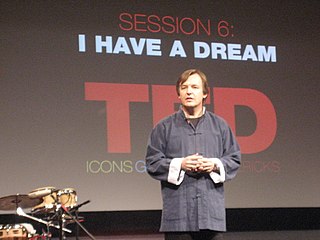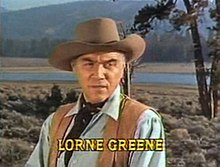N.B. The person who is the subject of this essay never saw or read its contents prior to its publication, had no foreknowledge of this essay, or my plans to write it. He is at liberty to repudiate it in its entirety. The views expressed below are mine and mine alone.
Several years ago, Aaron Sherinian saved my life. Since then, he has become my closest—and, perhaps, my most intimate—friend, apart from my wife (and my dog). We counsel each other frequently, break bread together periodically, and engage in irreverent behavior constantly. He’s an exceptionally good listener, laughs at my jokes, and bathes regularly. In other words, he’s the perfect friend.
Aaron was recently named Director of Global Communications for The Church of Jesus Christ of Latter-day Saints (aka, “the Mormon Church”). As the managing director of the Church’s Communication Department, he will oversee Church interactions with the media, promote the Church’s humanitarian initiatives, coordinate major events (e.g., the reopening of the Salt Lake Temple), and, in consultation with Church leaders, communicate the Church’s message to the world. In other words, he’s a PR Guy.
Continue reading ““Hypocrisy is the Tribute Vice Pays to Virtue” —Francois de La Rochefoucauld”






